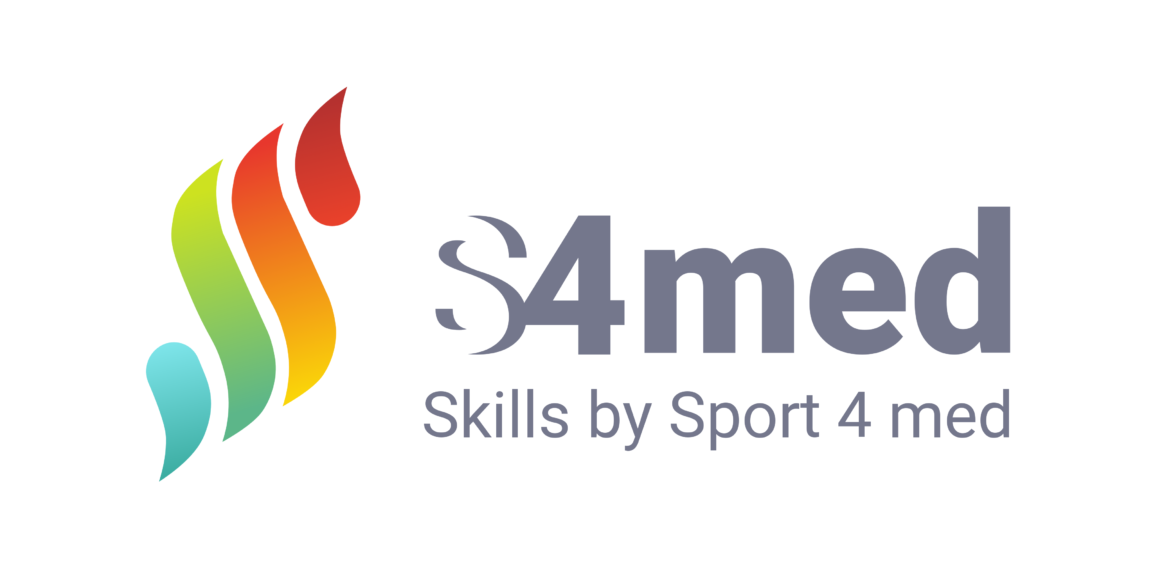Focusing on the Mediterranian region, Sport4Med is a three-year Mediterranean and multi-sectoral cooperation initiative co-funded by the European Union within the Erasmus+ programme. Sport4Med aims to identify the skills of athletes and sportsmen/sportswomen that are valued and recognised in the labour market and to provide trainers and athletes with the necessary tools to improve their capabilities and skills.
The project addresses the objective of promoting education and skills development in and through sport by implementing activities specifically focused on the creation of effective, attractive and immediate open educational resources dedicated to the development and implementation of labour skills that from sport can be applied to work. The main target groups of the project are two:
- Coaches and sport instructors;
- Youth and unemployed (including a cluster of migrants, also in qualified repatriation perspective) that can be supported by sport in (re)integration into the labour market.
The project duration is 36 months. January 2020 till December 2022
Additionally to Save the Dream, the collaborative partnership is composed of nine other partners. Namely, Instituto Universitário de Lisboa (ISCTE-IUL), Catholic University of Sacred Heart, Confederação Portuguesa das Associações de Treinadores, the Croatian Academic Sport Clubs Mladost of the University of Zagreb, the International Olympic Truce Centre (IOTC), Universitat de les Illes Balears (UIB), and Cyprus Sports Organization. The International Labour Organization (ILO), the European Sailing Federation, the Olympic Academy for Sports Leaders, Sportanddev, the Global Association of International Sports Federations (GAISF) and the Palermo Chamber of Commerce and Industry are associated partners to the project.
The project will be implemented through the following three key actions:
1. Research:
- Analyse the skills of coaches and sport instructors to identify the ones they hold and the ones they implicitly transmit athletes (mainly desk research based on already existing studies);
- Explore the opinion of the main stakeholders and decision makers in the field of labour (i.e., HR manager, HR agencies) about the skills and competencies particularly useful to enter in the current labour market (i.e., team working, flexibility, diversity management, time management and so on…)
- Compare the first two points to identify the gap among the skills that coaches and sport instructors hold and the skills requested by the labour market, to understand which are yet owned and which need to be developed by them;
2. Create a training course (packaged in open educational materials) dedicated to coaches and sport instructors with the following aims: raising their awareness on the skills and competencies they have developed through sport, support them in developing eventual missing skills requested by the labour market and finally, let them become trainers of youth, unemployed or migrants of such skills;
3. Pilot a number of training courses where coaches and sport instructors become trainers of youth, unemployed or migrants to support them in the development of a set of skills need to (re)integrate into the labour market.

Leave a Reply